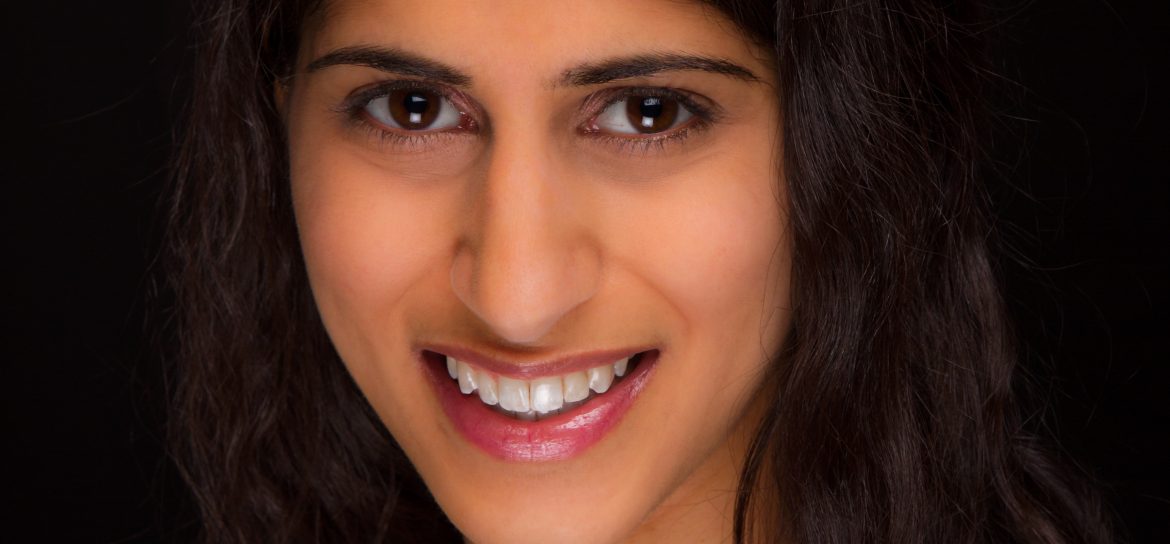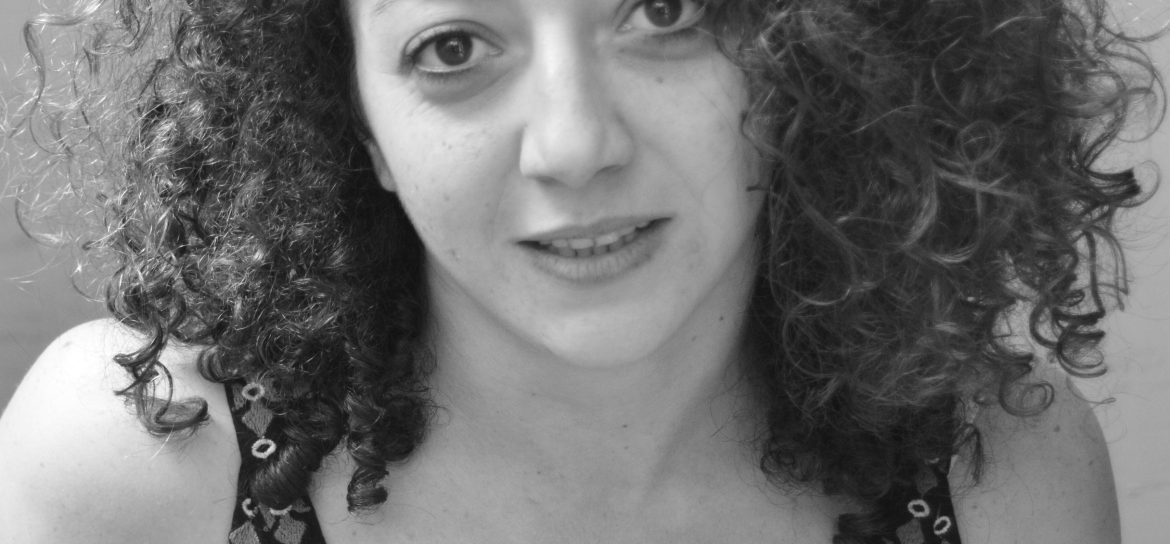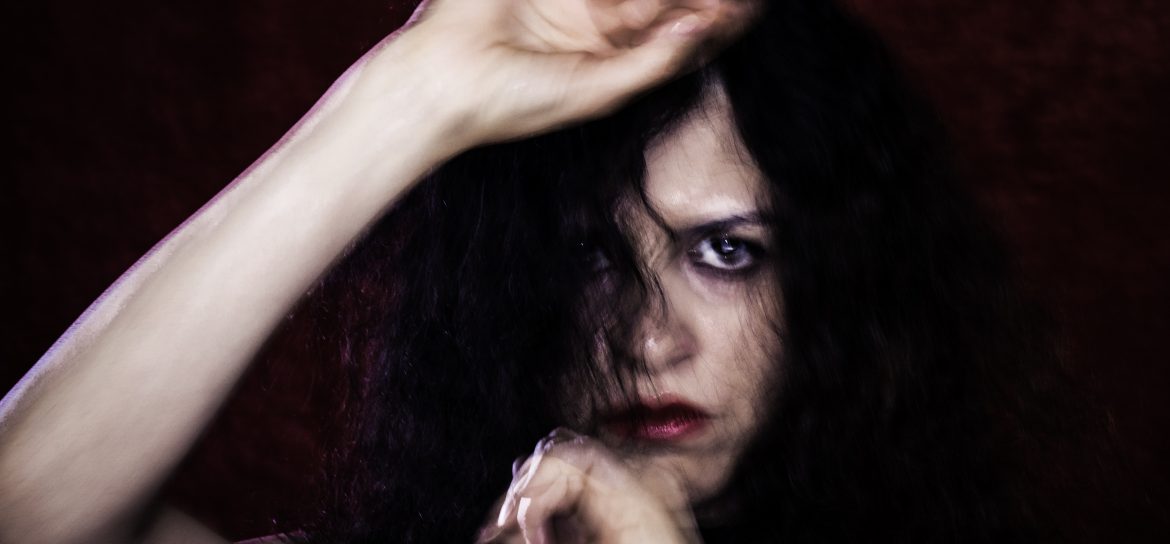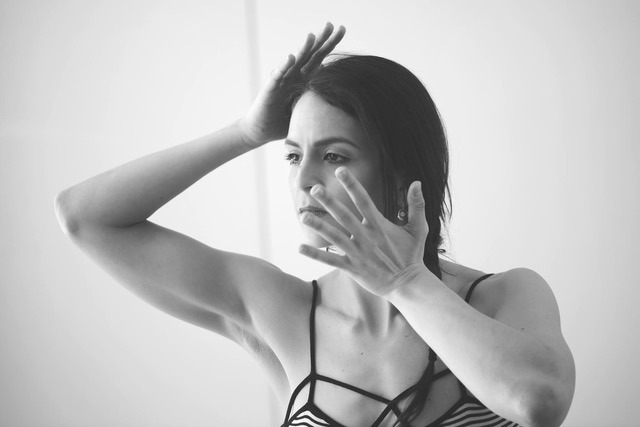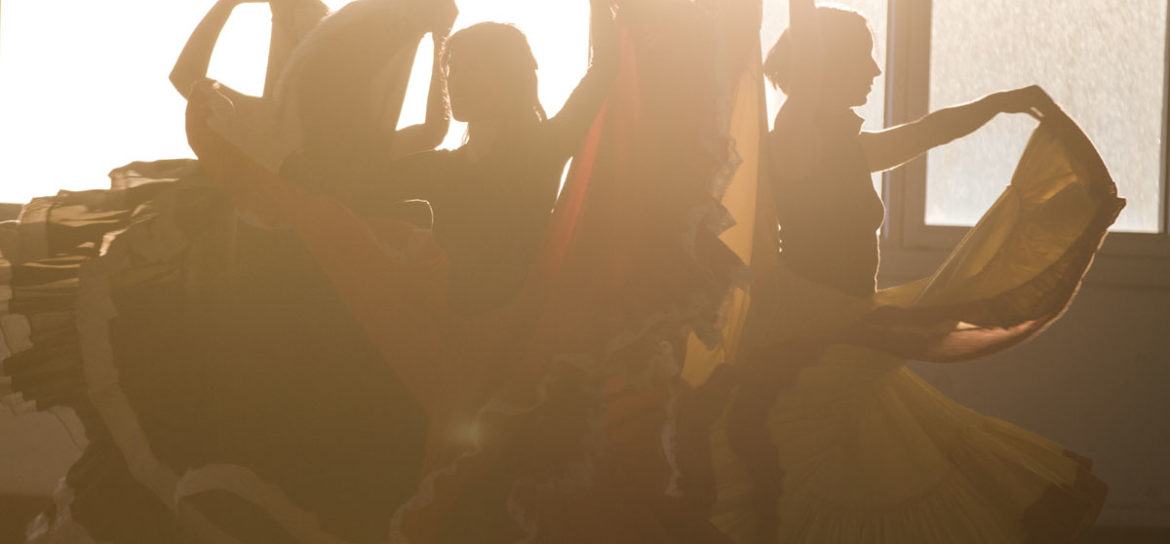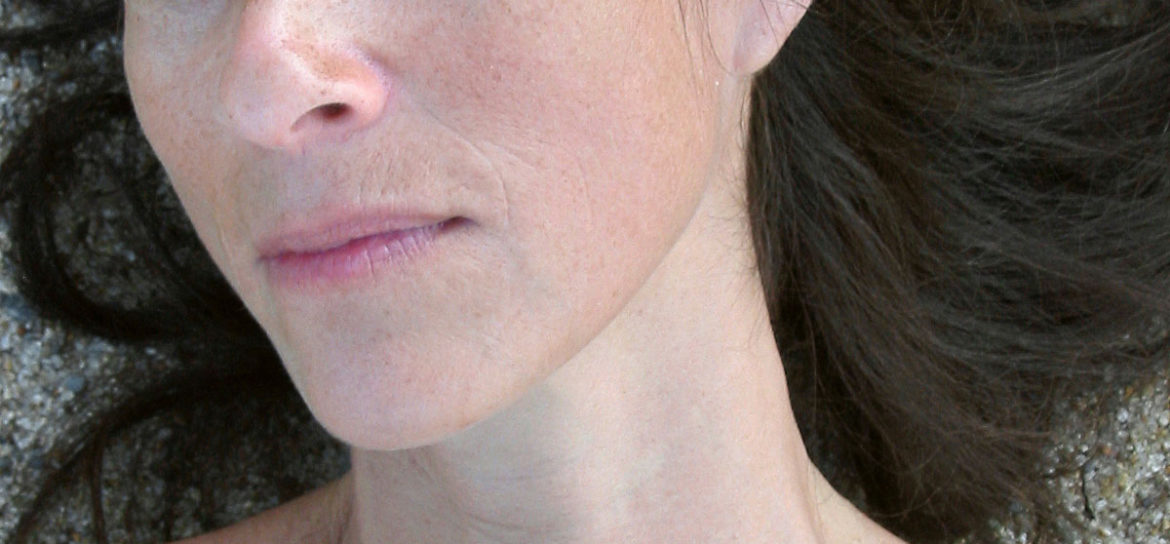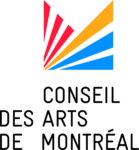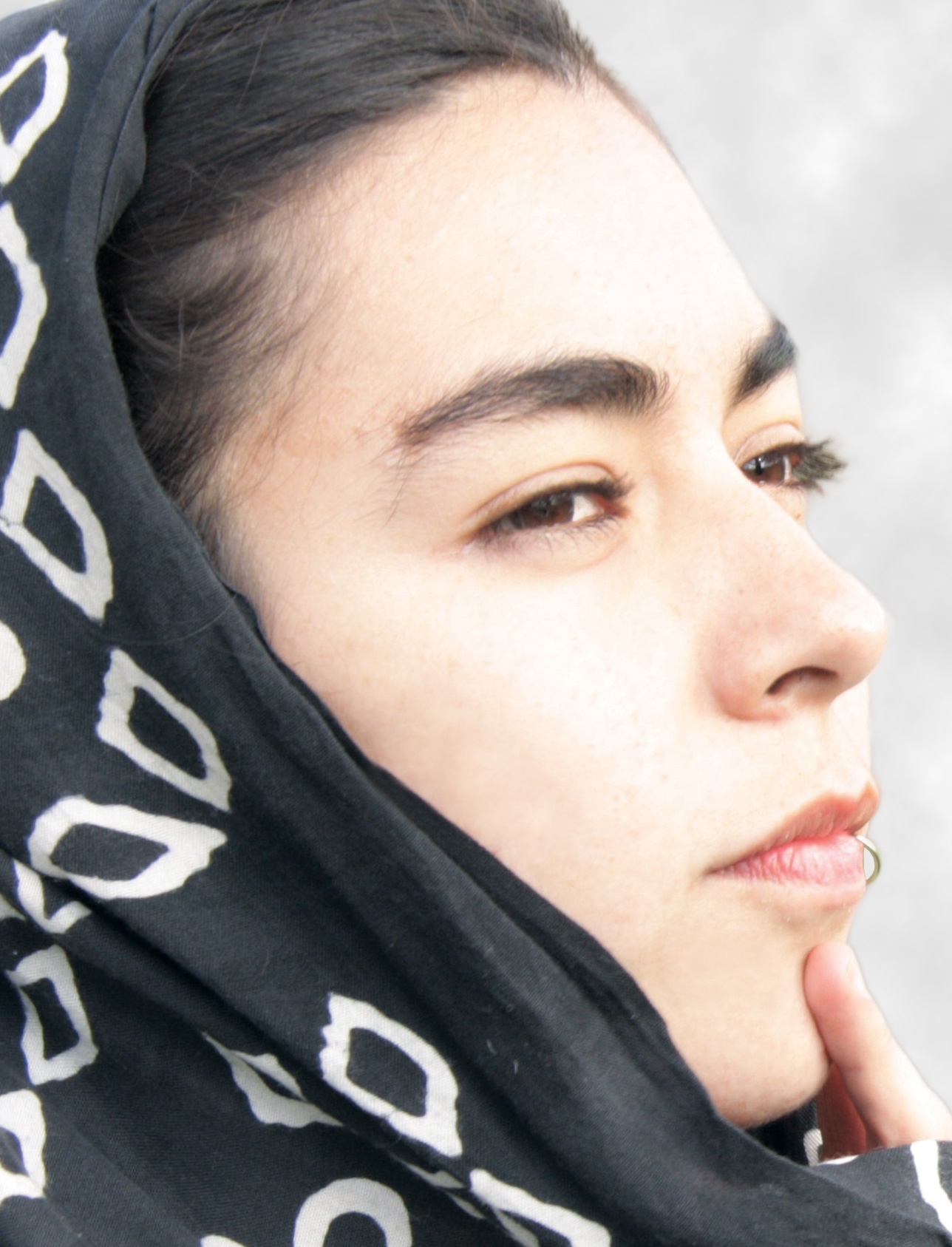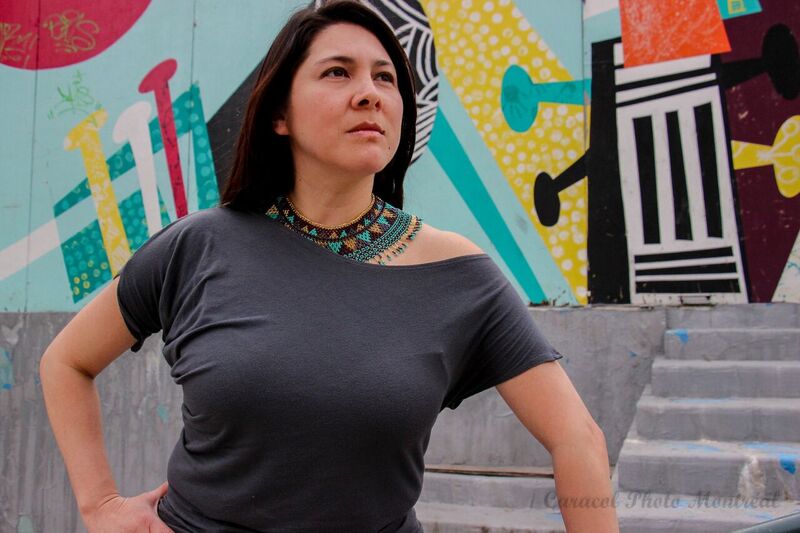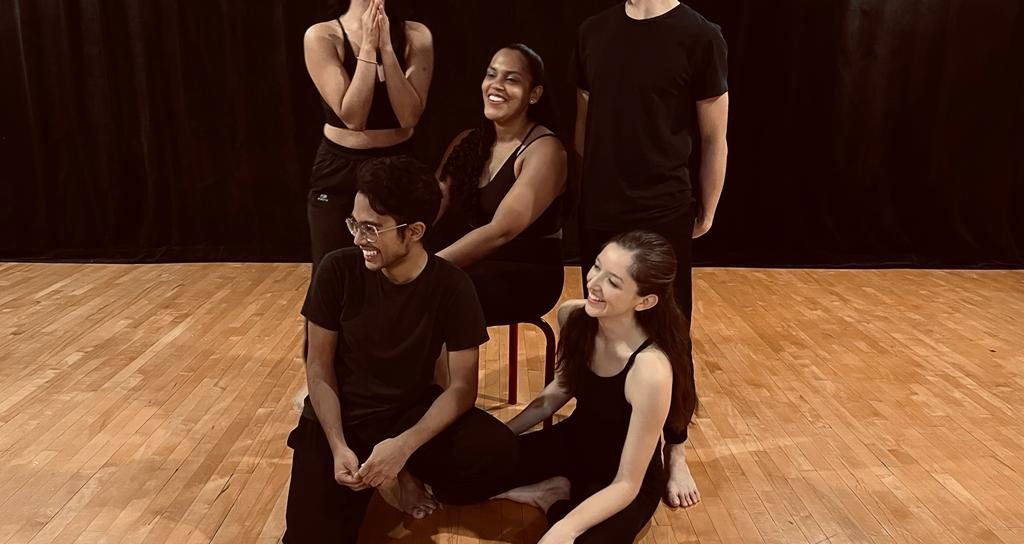
In 2016, five individuals, passionate about the traditions of their country, decided to start a dance project. After gaining experience in other artistic contexts, the desire to do things differently allowed them to embark on an unknown path. Tondóa was born as an experimental laboratory that broke the conventions of a traditional projection folklore company. Reflections on the management, the creation of works and the vision of traditional dances were put forward with an unprecedented openness from its members. The primary members that make up the fabric of Tondóa are: Daniel Diaz, Nicole Speare, Camila Petro, Juan Sebastien Hoyos, and Milena Yanes.
During the stage of development, the organization set up guidelines to define a way of creating. Putting forward our respect for Colombian traditions, Tondóa would strive to make them evolve. The dancers therefore shared not only their knowledge of dance, but also their personal experiences. Therefore, the diversity in age, gender, sexual orientation and background became the strength of the group.
Today, Tondóa defines itself as a research and creation dance company that allows us to go back to the roots of tradition while making links with the current socio-cultural context. As a learning community, we want to create a safe space for exchanges, ideas and progress to share our vision of the art of movement.
For the year 2021, a restructure of the group is allowing for the creation of two divisions, a semi-professional group and a professional collective, with different but complementary objectives to meet the needs of the dancers and the project.
